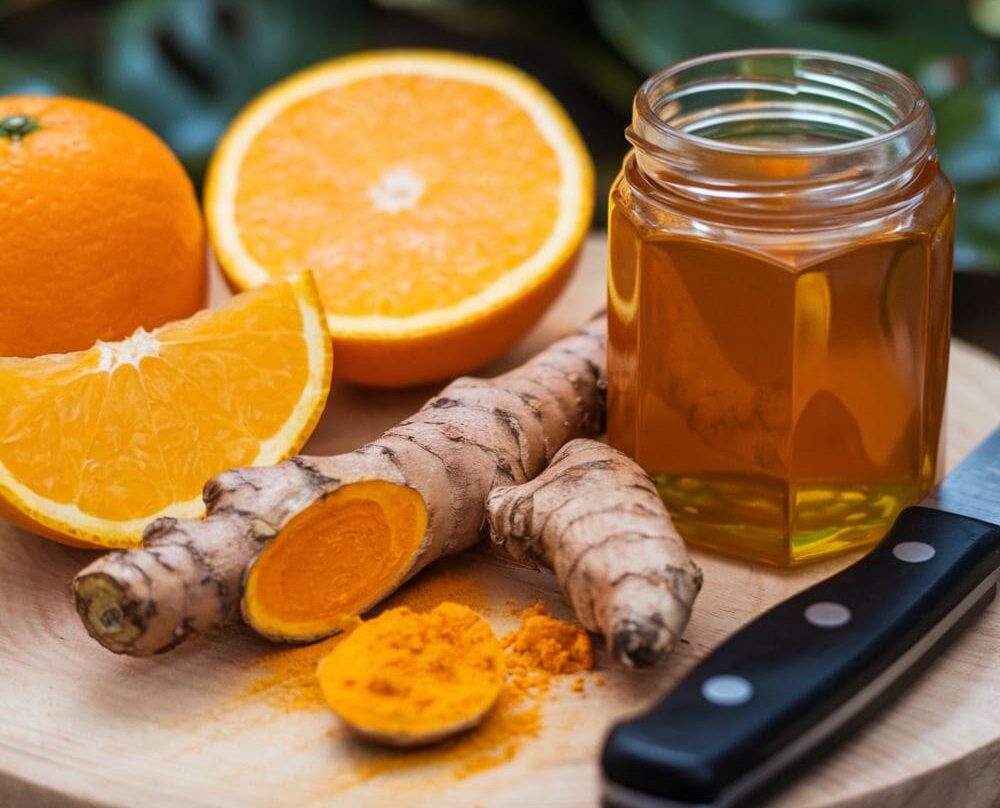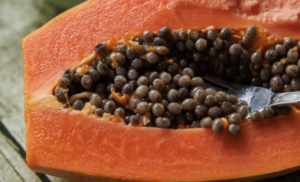Stop Drinking Hot Coffee & Tea
Hot drinks like tea and coffee are staples in many people’s daily routines, but recent research has brought concerns to the forefront. Could consuming hot tea increase your risk of developing esophageal cancer? Let’s break down the study and see what the science says and whether it’s time to reconsider how we enjoy our favorite beverages.
What the Study Found
A recent study conducted in the Northeast of Iran followed over 50,000 individuals aged 40 to 75 for 10 years. The research aimed to understand the potential health risks associated with drinking hot beverages, particularly tea. The researchers found that people who drank 700 ml (about three cups) of tea daily at temperatures above 140°F had a significantly higher risk of developing esophageal cancer. Specifically, their risk increased by 90%.
Esophageal cancer occurs in the esophagus, the tube connecting your throat to your stomach, and is notoriously difficult to treat in later stages. The concern with drinking very hot liquids is that they could cause thermal damage to the delicate tissues of the esophagus. Over time, this damage may lead to inflammation, DNA changes, and potentially, cancer.
How the Study Was Conducted
The research method itself is a critical factor in understanding these findings. To ensure accuracy, researchers used thermometers to measure the temperature of tea consumed by participants. The study participants were asked to sip tea at varying temperatures until they found one that matched their usual preferences. This more objective method ensured a consistent assessment, as opposed to relying solely on surveys where individuals might report their preferences subjectively.
Hot Beverages and Cancer: What’s the Link?
While the findings of this study are concerning, it’s essential to understand that the research shows a correlation, not a direct cause-and-effect relationship. In other words, the study observed that people who drank very hot tea tended to have a higher incidence of esophageal cancer, but it doesn’t definitively prove that hot tea causes cancer. There are many factors that could contribute to this risk, such as socioeconomic status, geographic location, and lifestyle choices, which could all play a role in cancer development.
Why This Matters: Risks vs. Benefits
While there is no definitive proof of a causal link, the potential risk is significant enough to warrant caution. Hot tea, coffee, and even soup are often consumed at temperatures well above 140°F, the threshold identified in the study. For example, green tea is typically brewed at around 175°F, black tea at 210°F, and herbal teas at 212°F. Consuming these beverages while still very hot could be putting your health at unnecessary risk.
A Practical Approach: Let Your Tea Cool
The good news is that you don’t have to give up your favorite hot drinks altogether. Instead, simply letting your tea cool for a few minutes before drinking it could reduce your risk. This is a simple and effective way to enjoy your beverage without potentially harming your esophagus. Allow your tea or coffee to cool to below 140°F, which not only prevents burning your mouth but may also help reduce the likelihood of long-term health issues.
The Role of Smart Devices in Beverage Temperature
As more and more people invest in high-tech mugs and cups that keep their tea or coffee at a constant temperature, there’s a growing concern about these devices. Many of them maintain temperatures above the 140°F threshold. Given the new research, it might be worth considering whether these devices should be designed to keep your beverages at safer temperatures, perhaps below 140°F, to help mitigate any health risks.
What You Can Do: A Balanced Approach
While the research is not definitive, it’s clear that it’s a good idea to avoid consuming beverages that are too hot. Allow your tea or coffee to cool before drinking, and take care not to burn your mouth. This small adjustment can potentially lower your risk of esophageal cancer and other health issues associated with high temperatures.
It’s also important to remember that this is just one study in an ongoing field of research. More studies are needed to better understand the precise relationship between beverage temperature, lifestyle factors, and cancer risk. The key takeaway is to be mindful of how hot your drinks are before sipping.
Stay Informed: More Research is Coming
Medicine is always evolving, and new research continues to shed light on how our lifestyle choices impact our health. While this study offers valuable insights, further research will help clarify the complexities of how different beverages and temperatures affect our bodies. Stay informed, and remember: moderation and common sense are your best allies in maintaining health.
Share this content:











